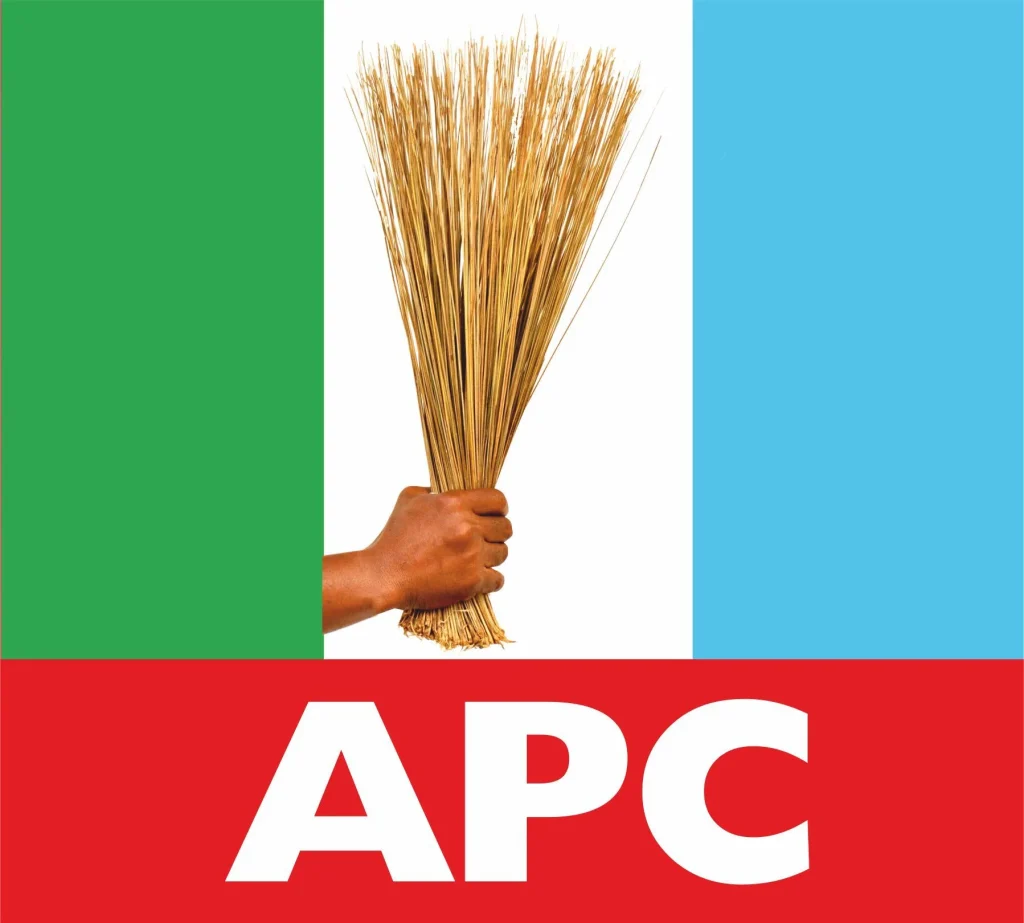Accra, Ghana – Ghana’s public debt experienced a significant rise of GH¢47.4 billion in the first two months of 2024, bringing the total debt to GH¢658.6 billion by February 2024. This figure represents 62.7% of the country’s Gross Domestic Product (GDP).
The Bank of Ghana reported these figures in its May 2024 Summary of Economic and Financial Data. The increase in debt from GH¢611.2 billion at the end of 2023 to GH¢626 billion in January 2024, and subsequently to GH¢658.6 billion in February 2024, highlights the rapid escalation.
External debt constitutes a substantial portion of this total, standing at GH₵380 billion, which is equivalent to 36.1% of the GDP. One of the contributing factors to the rising debt is the depreciation of the Ghanaian cedi against major trading currencies.
Economic Context and IMF Intervention
In response to the severe economic disruptions caused by the COVID-19 pandemic, Ghana secured a $3 billion bailout from the International Monetary Fund (IMF) to stabilize its economy. The IMF has forecasted a gradual decline in Ghana’s debt-to-GDP ratio over the next six years. According to its April 2024 Fiscal Monitor, the debt-to-GDP ratio is expected to decrease from 83.6% in 2024 to 69.7% by 2029. The projections for the intervening years are as follows:
- 2024: 83.6%
- 2025: 80.9%
- 2026: 77.9%
- 2027: 74.9%
- 2028: 72.0%
Future Outlook
Despite the current increase in public debt, the IMF has acknowledged improvements in Ghana’s fiscal economy and remains optimistic about the country’s debt trajectory. The anticipated decline in the debt-to-GDP ratio suggests a positive outlook for Ghana’s economic stability and growth in the medium to long term.
Ghanaian authorities and financial institutions will continue to monitor and implement strategies to manage the public debt and ensure sustainable economic development. The government’s efforts to stabilize the economy, alongside the IMF’s support, are critical in addressing the challenges posed by the rising debt levels.


